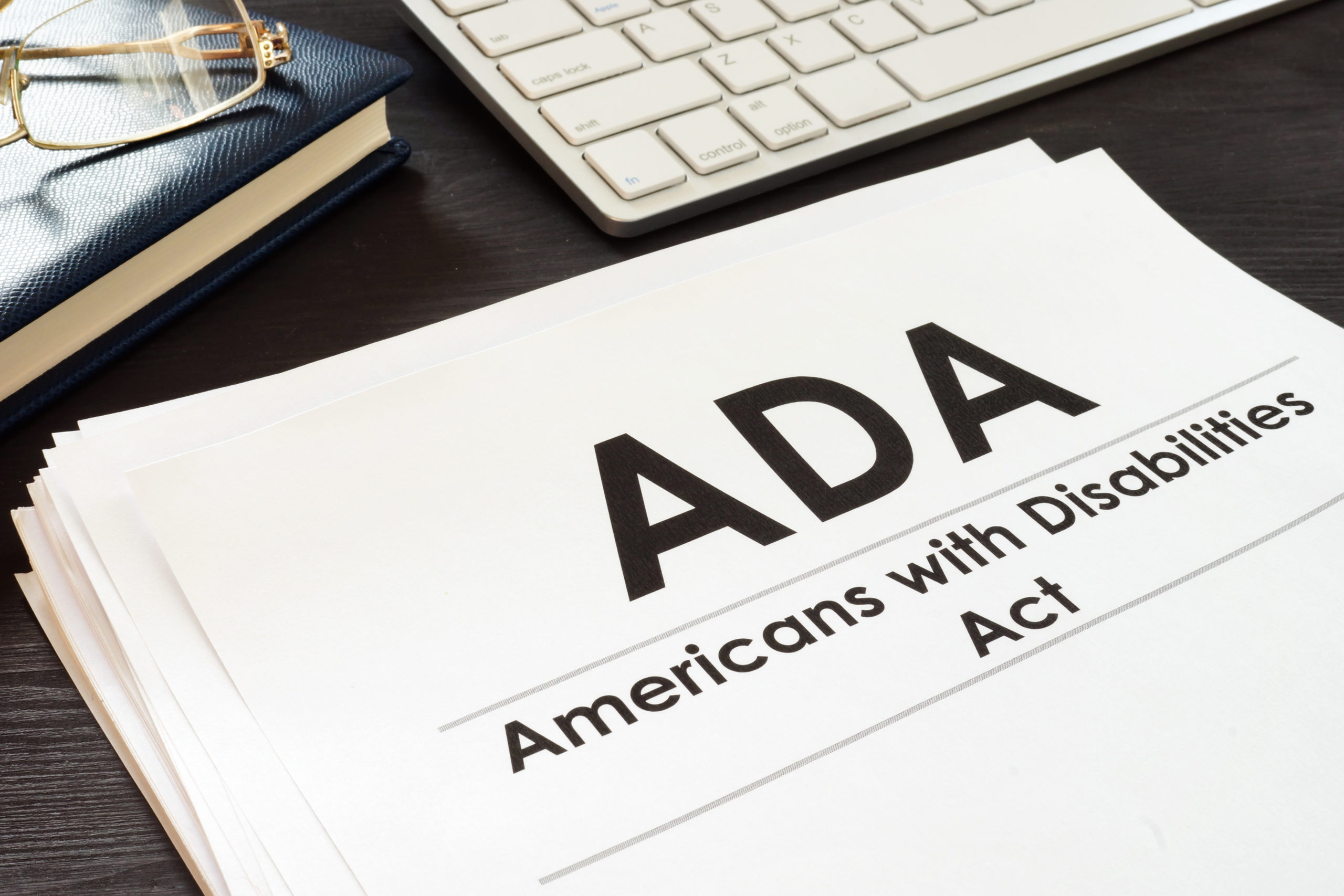Insights
all insights
The Americans with Disabilities Act and Effective Communication
The ADA is a civil rights law that prohibits discrimination against individuals with disabilities in all areas of public life, including employment, education, transportation, and all public and private places that are open to the general public. The ADA requires effective access to programs, benefits, and services for qualified individuals with disabilities.
People with varying vision, hearing, and speech abilities may use different ways to communicate. Title III of the Americans with Disabilities Act requires businesses and nonprofits to communicate effectively with individuals who have communication disabilities. The goal is to ensure that people of all abilities have access to equally effective communication.
For Deaf or hard of hearing individuals, this means providing written materials, qualified sign language interpreters, certified real-time captioners, or other services. The U.S. Department of Justice has defined “qualified interpreter,” for purposes of the ADA, to mean, “An interpreter who is able to interpret effectively, accurately and impartially both receptively and expressively, using any necessary specialized vocabulary.”
Title III entities are encouraged to consult with the individual with a disability to discuss what aid or service is appropriate. The goal is to provide an aid or service that will be effective, given the nature of what is being communicated and the person’s preferred method of communicating.
Deaf Services Unlimited is committed to providing on-site and remote interpreting and captioning services that ensure businesses and organizations are meeting the expectations of the ADA.
If you have questions about your business or organization meeting ADA guidelines, review the guidelines online. If you have additional questions, call the ADA Information line at (800) 514-0301 to speak to an ADA Specialist.
